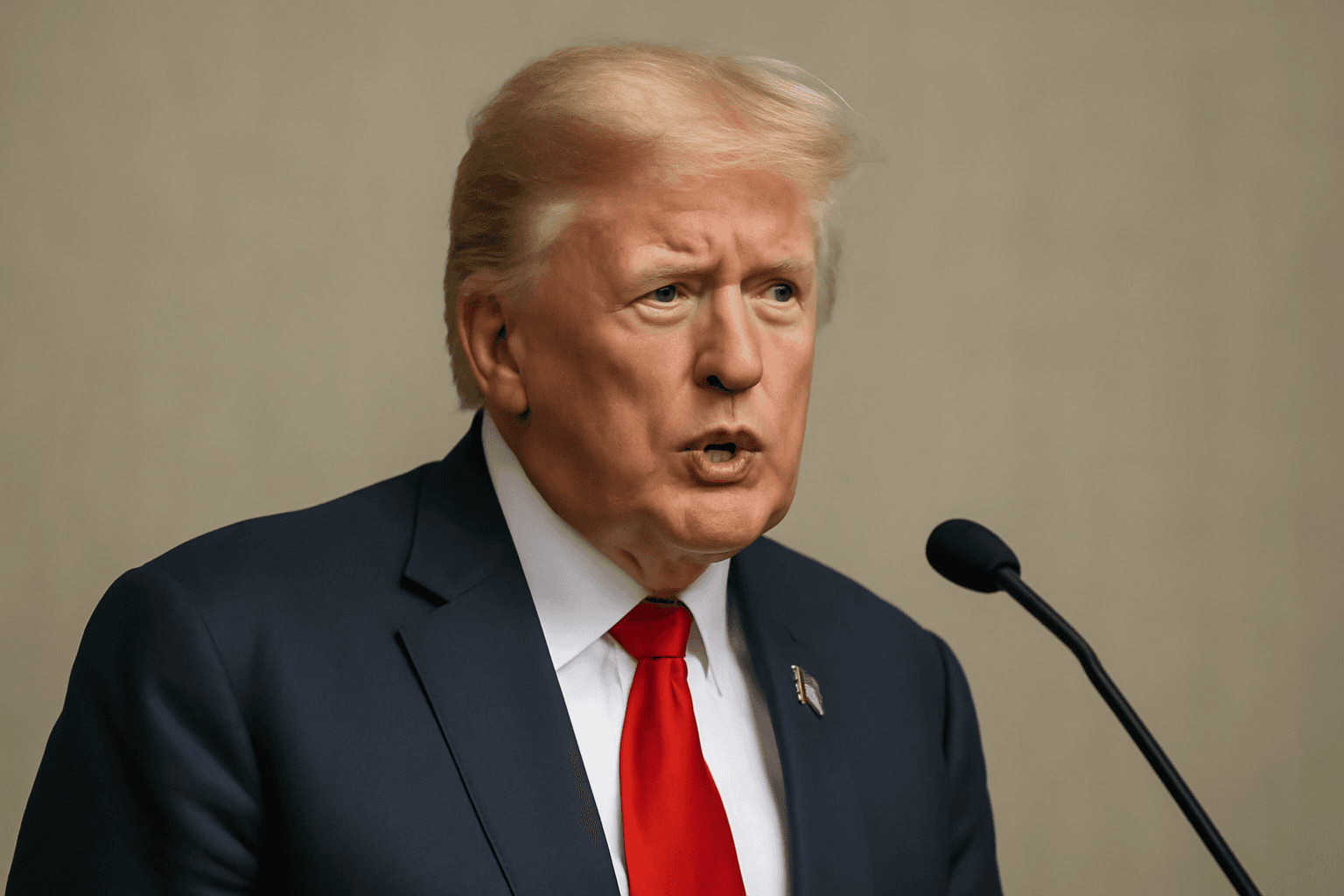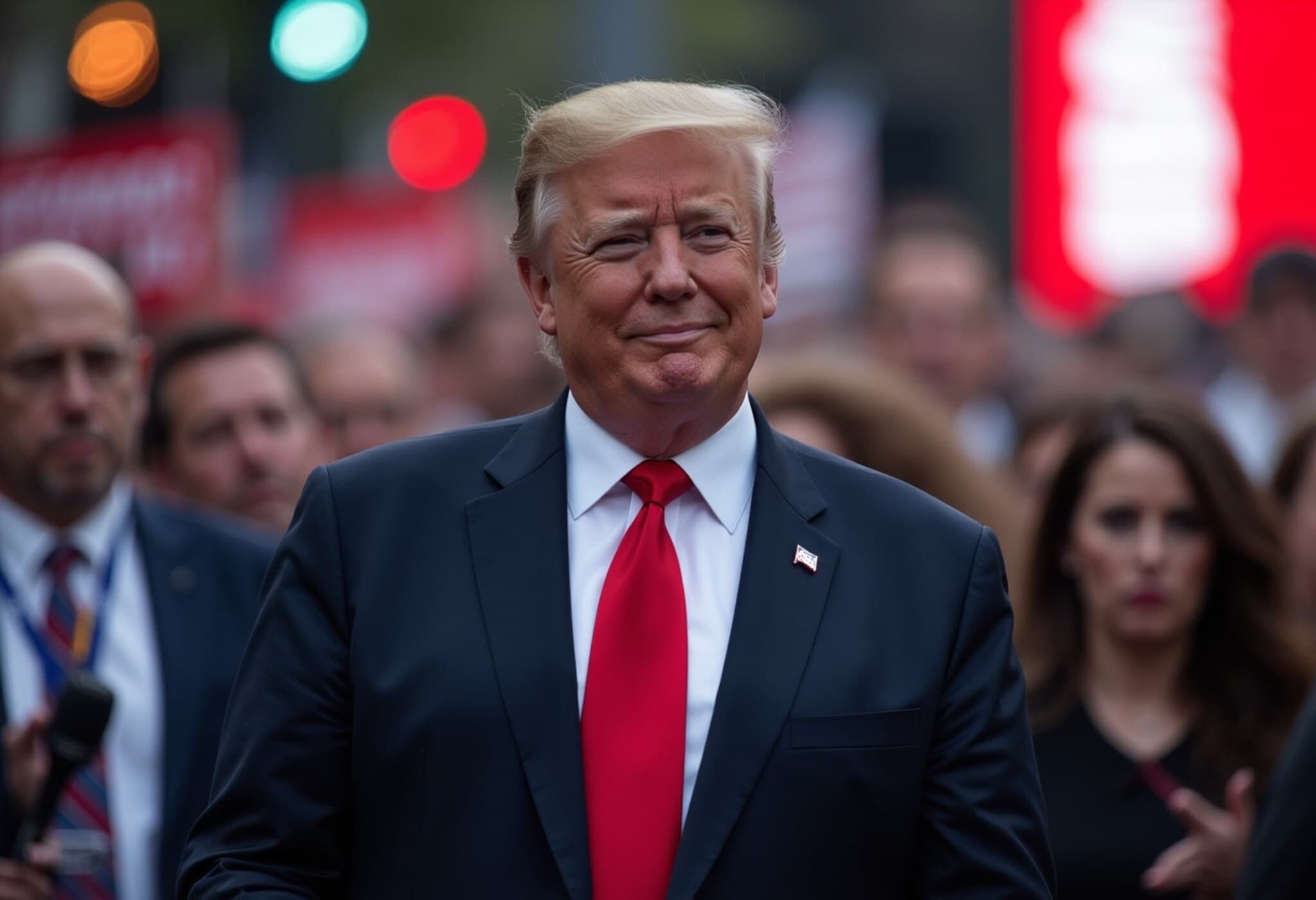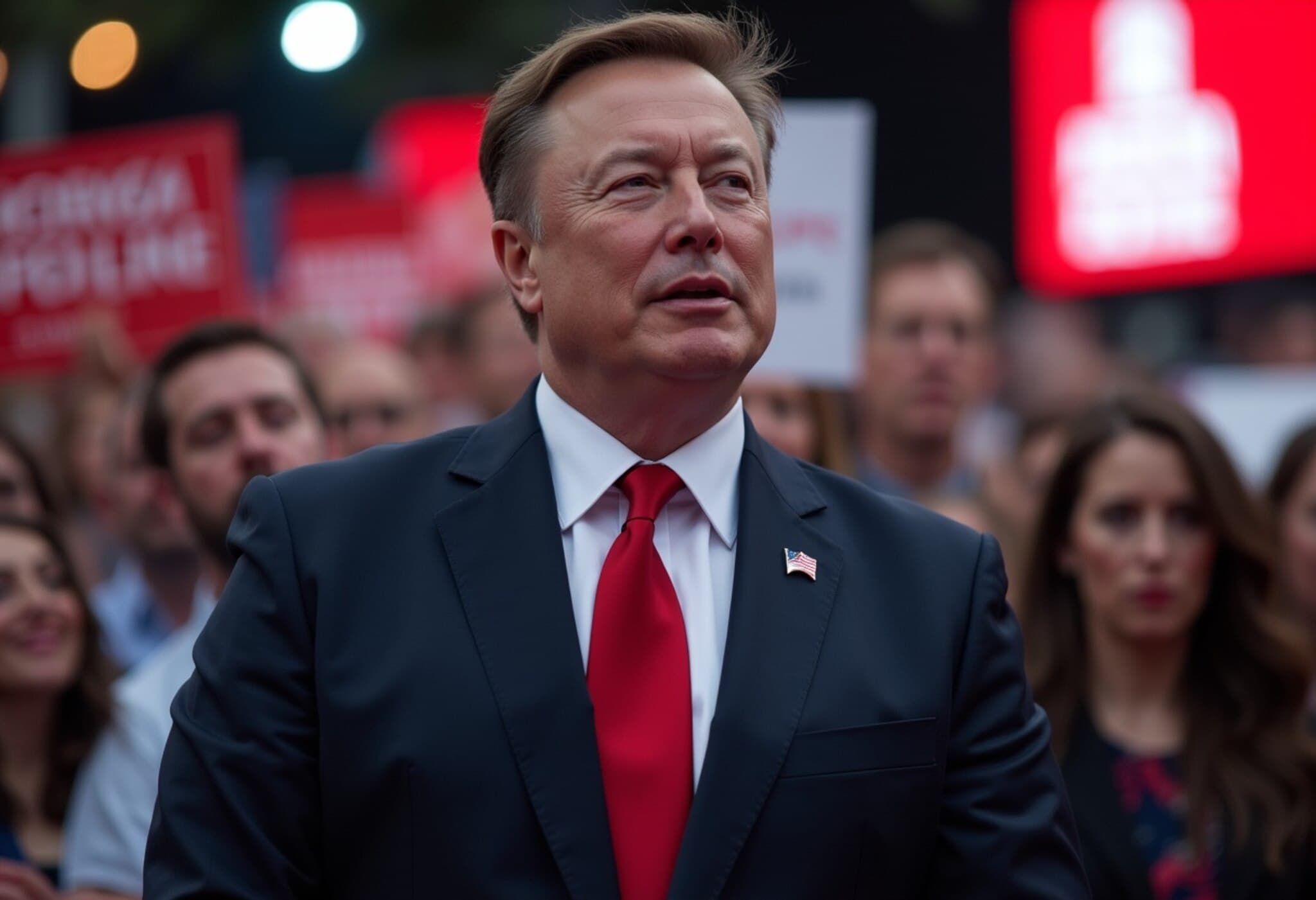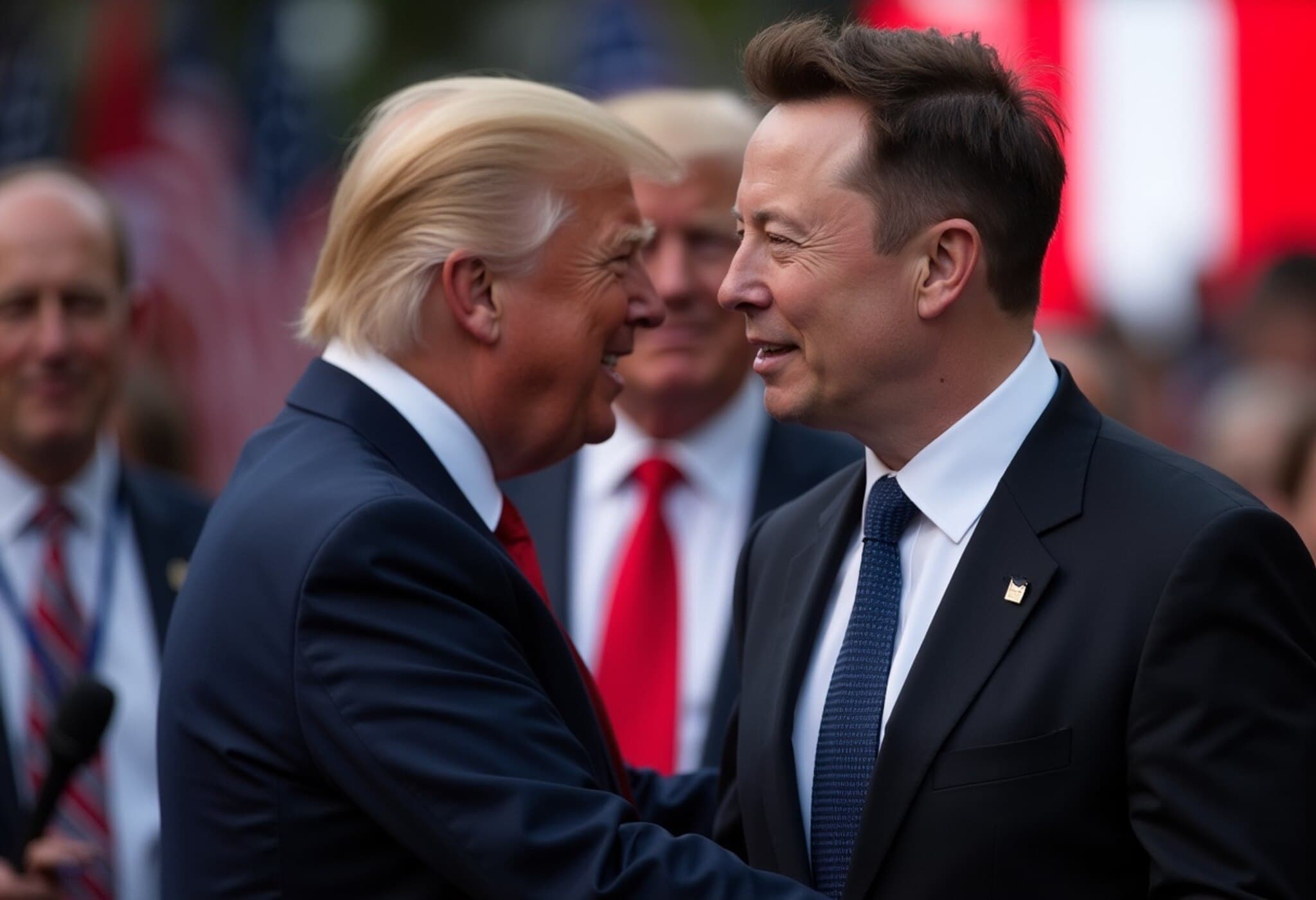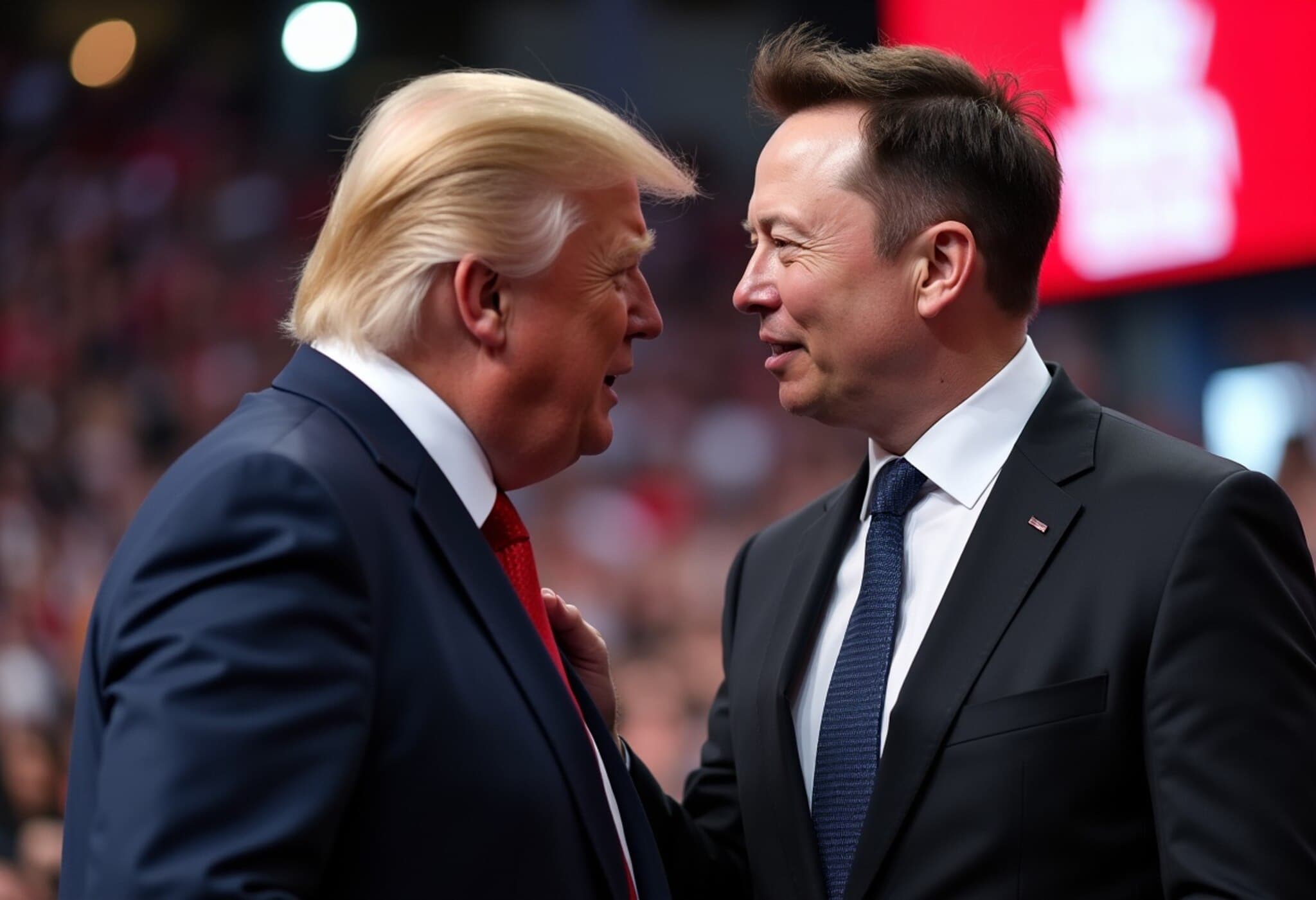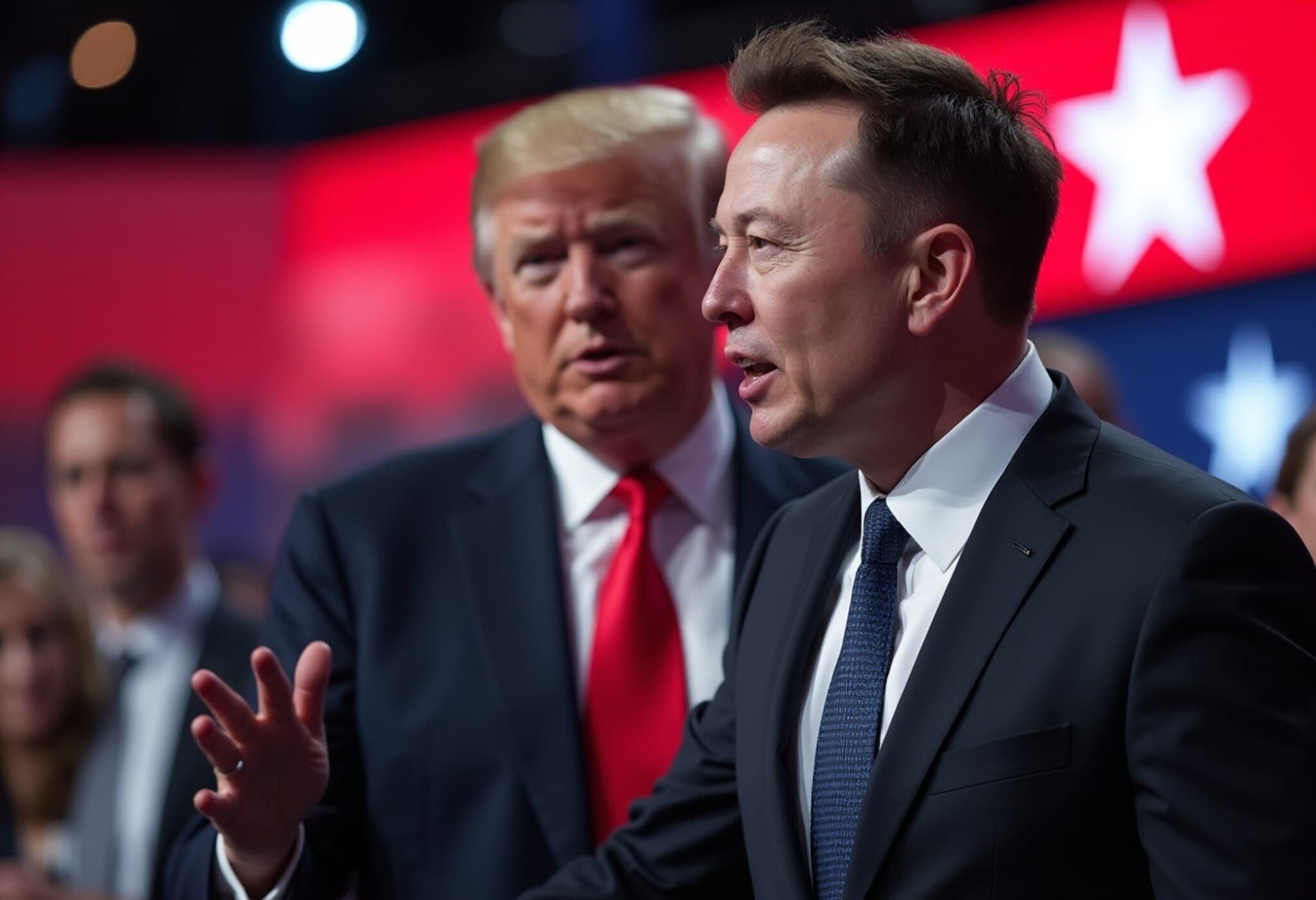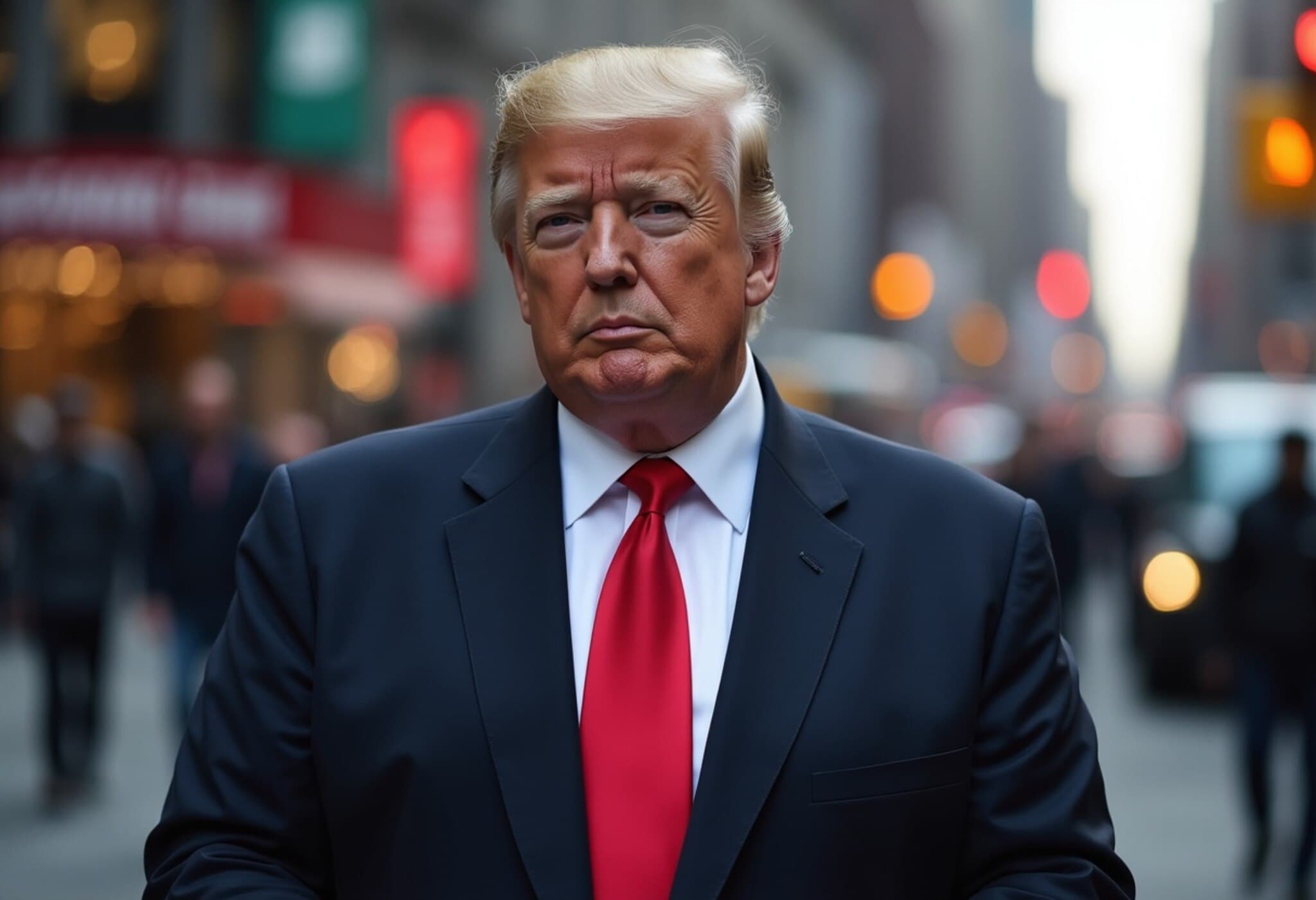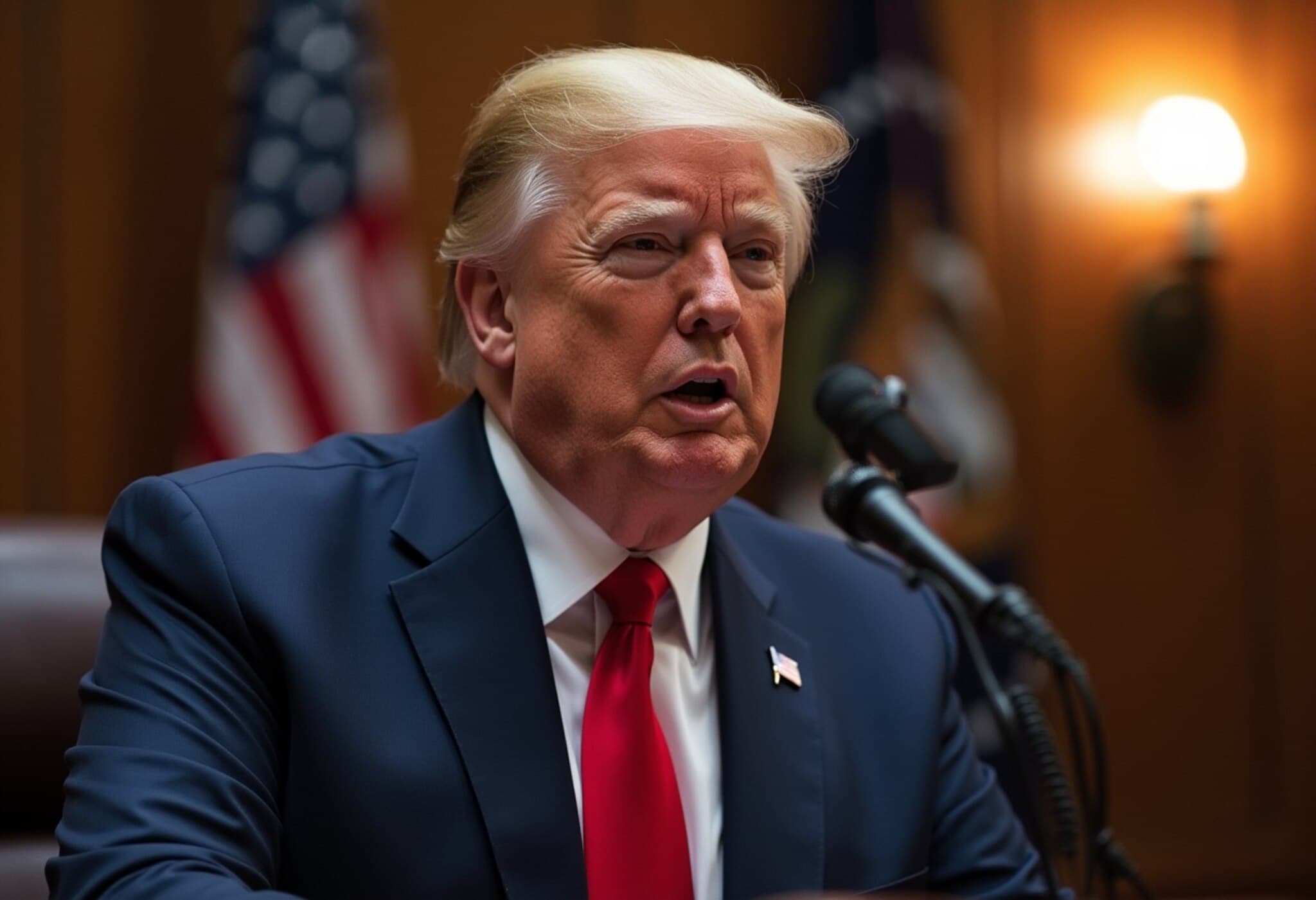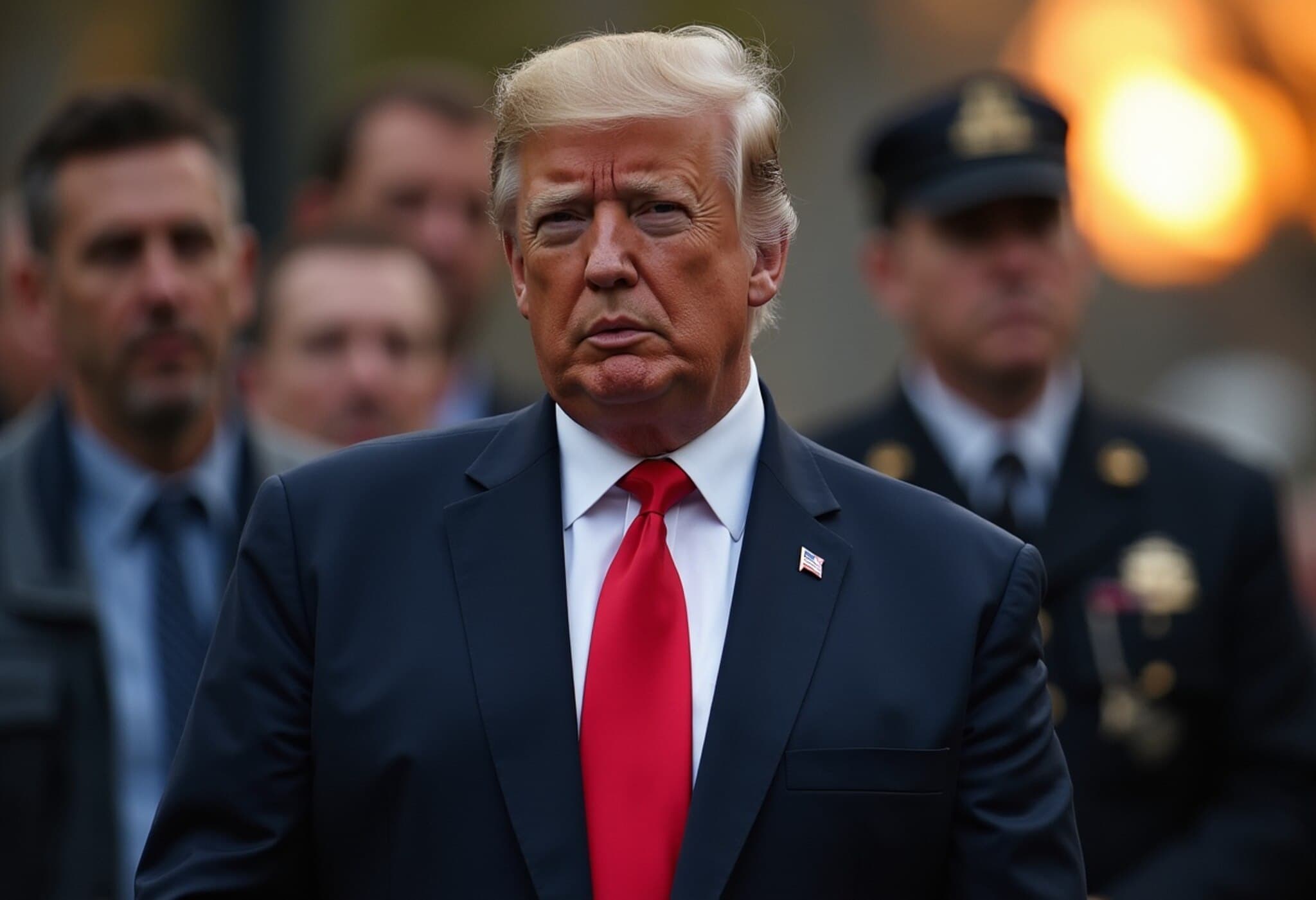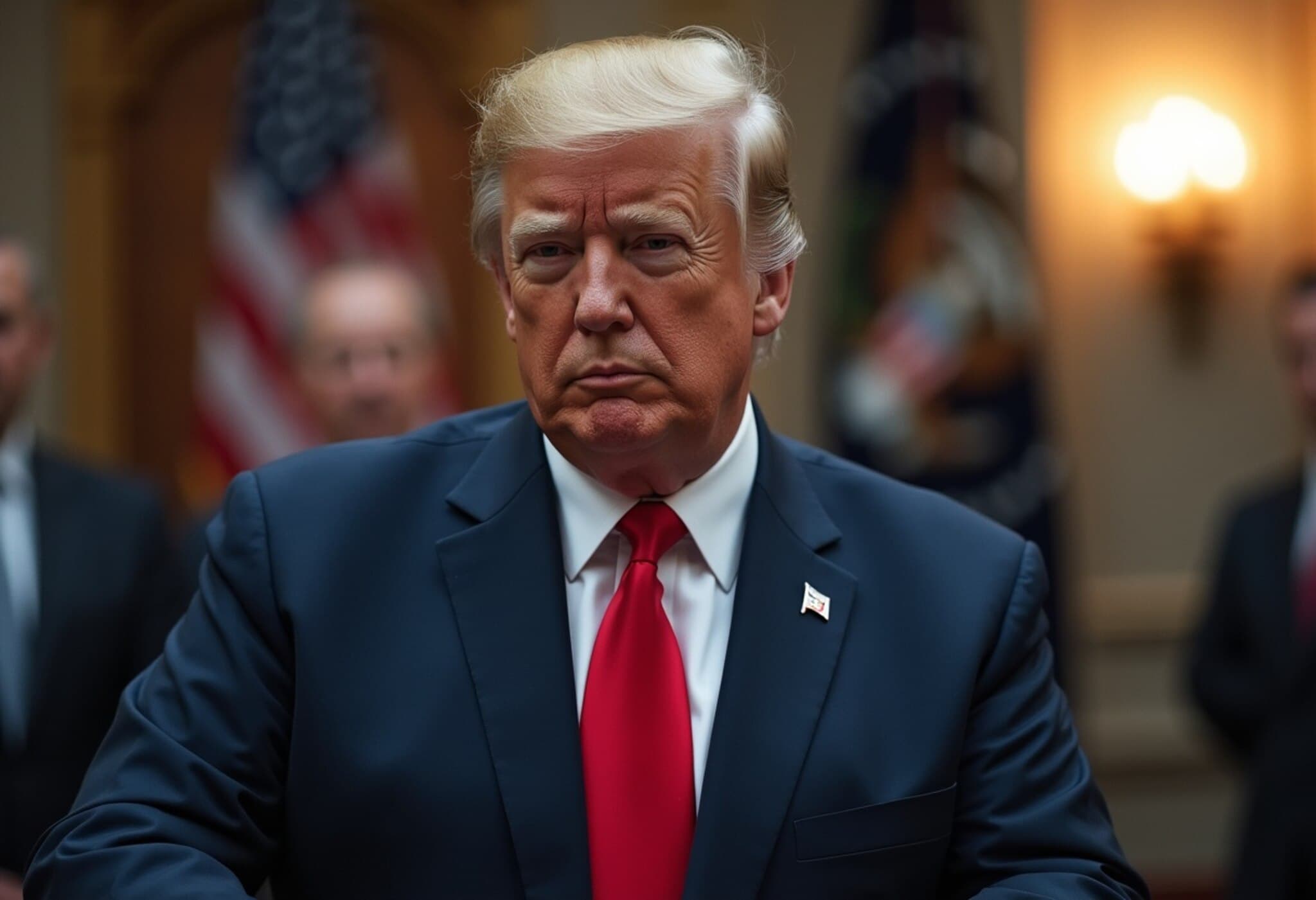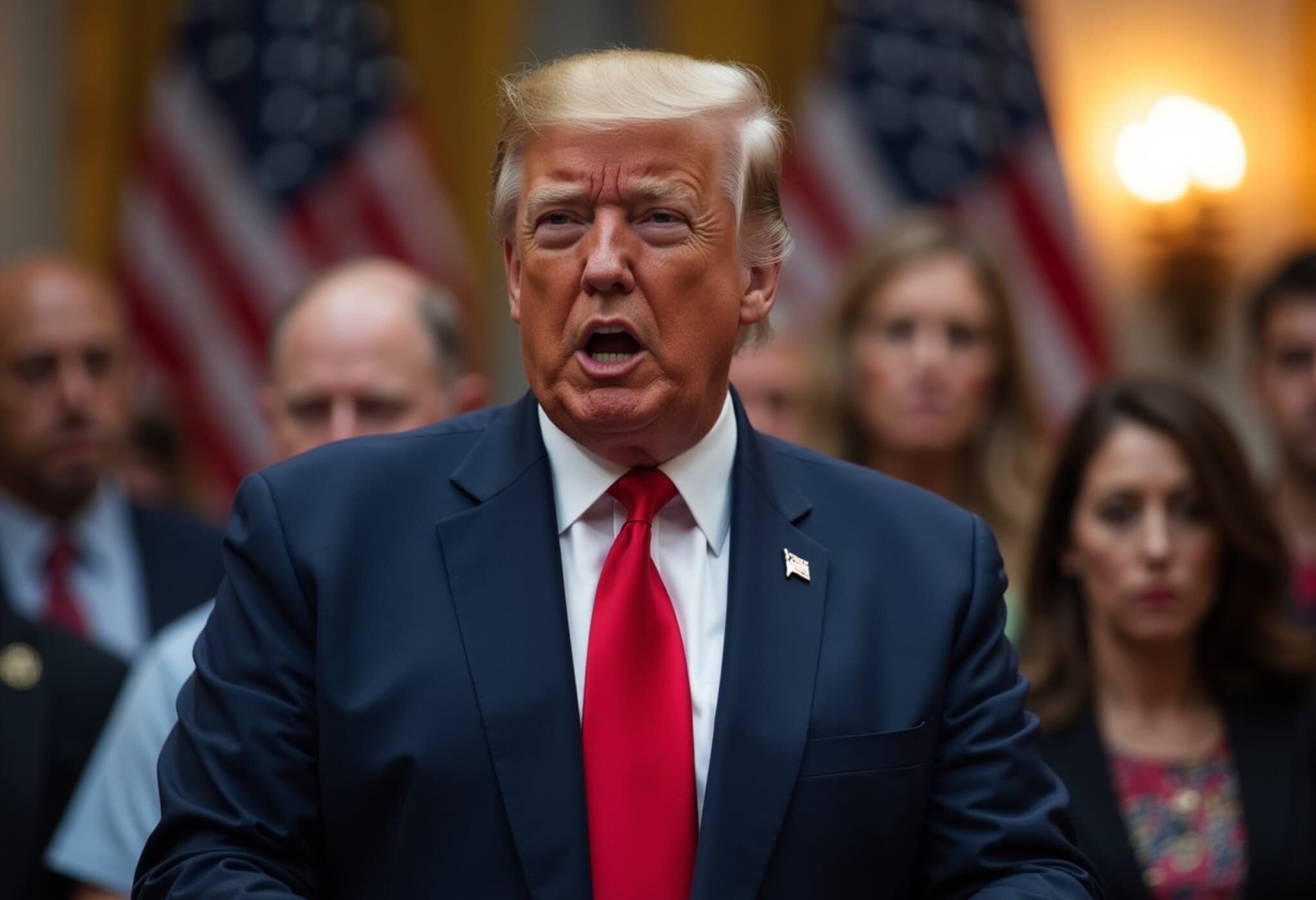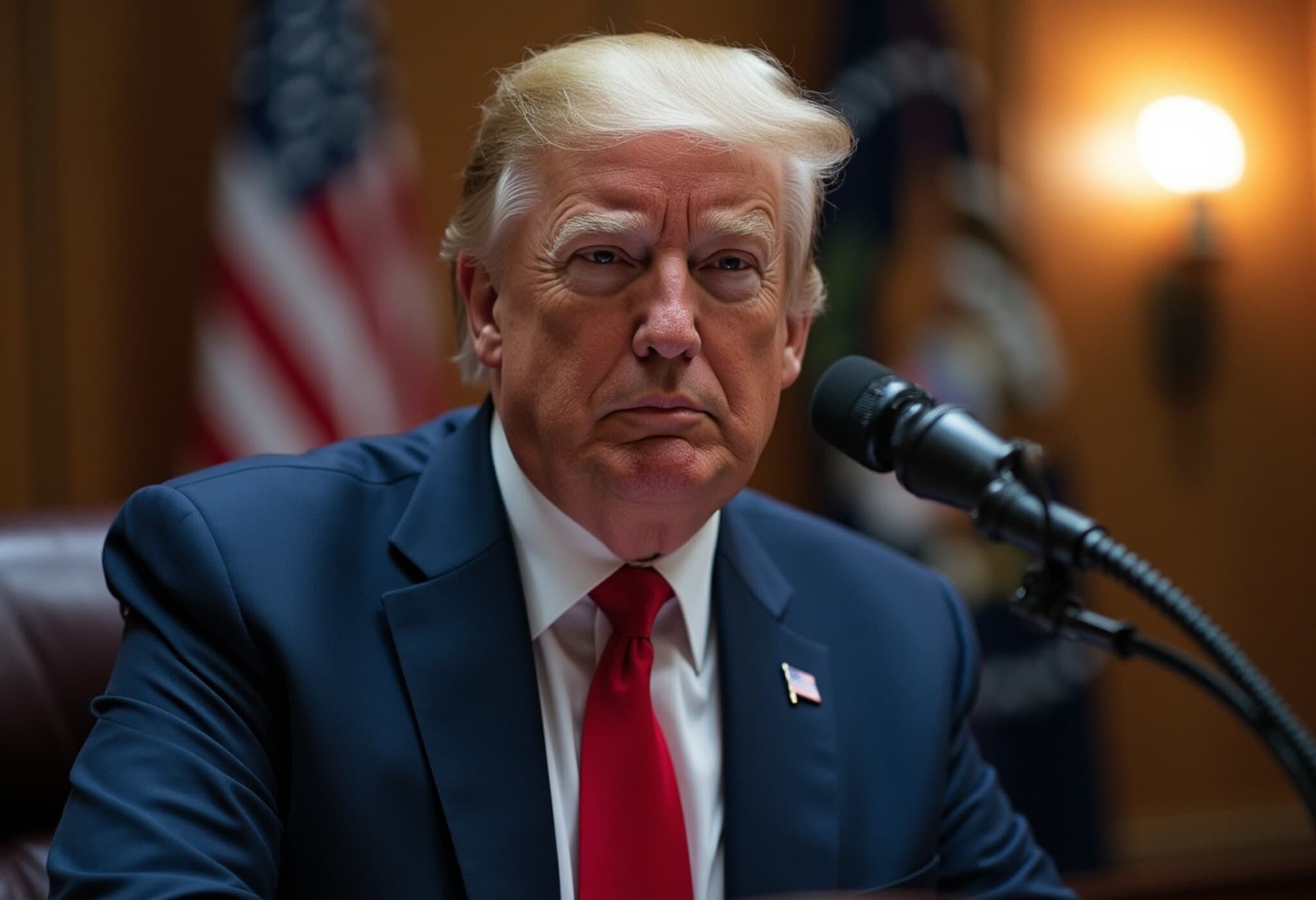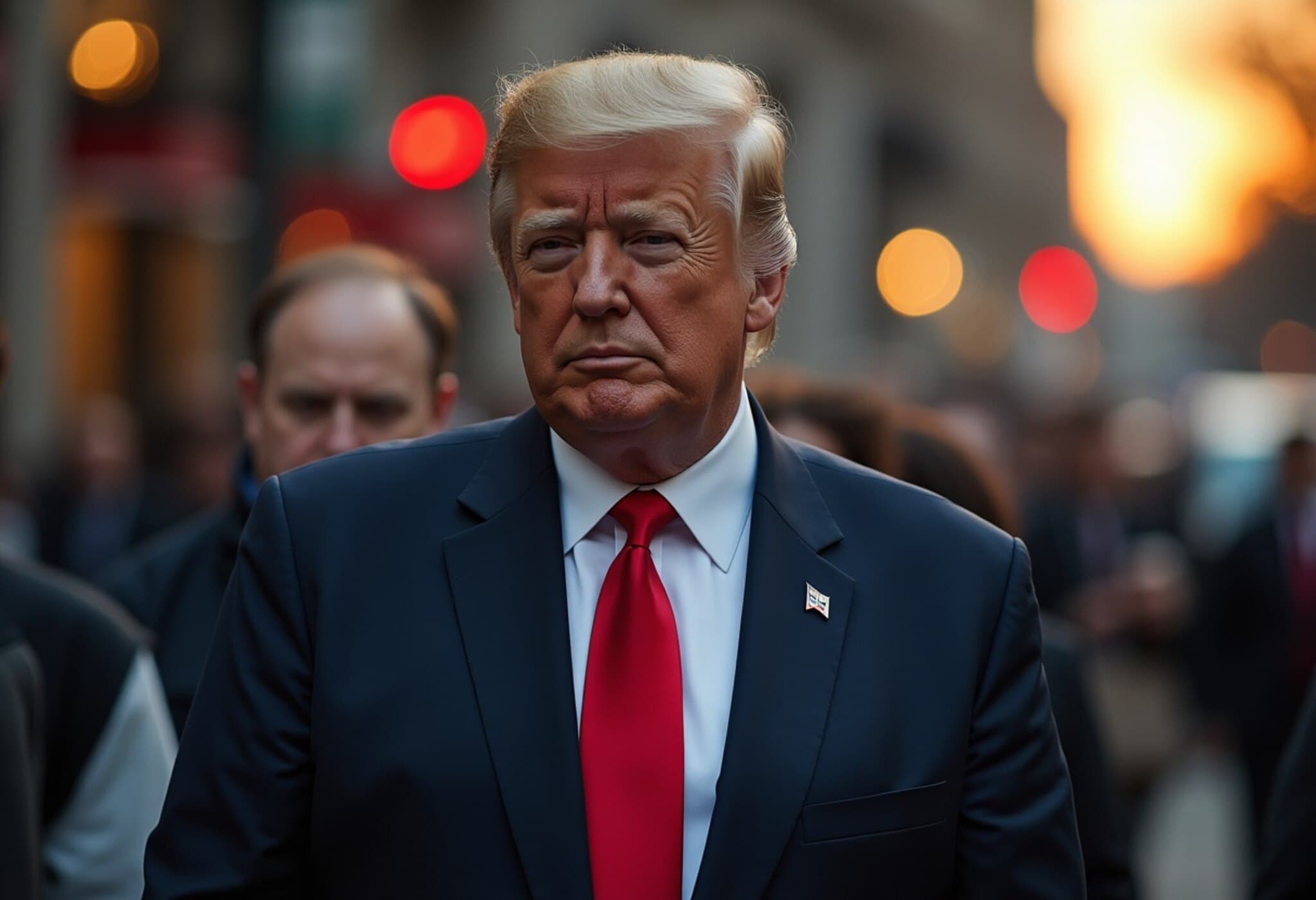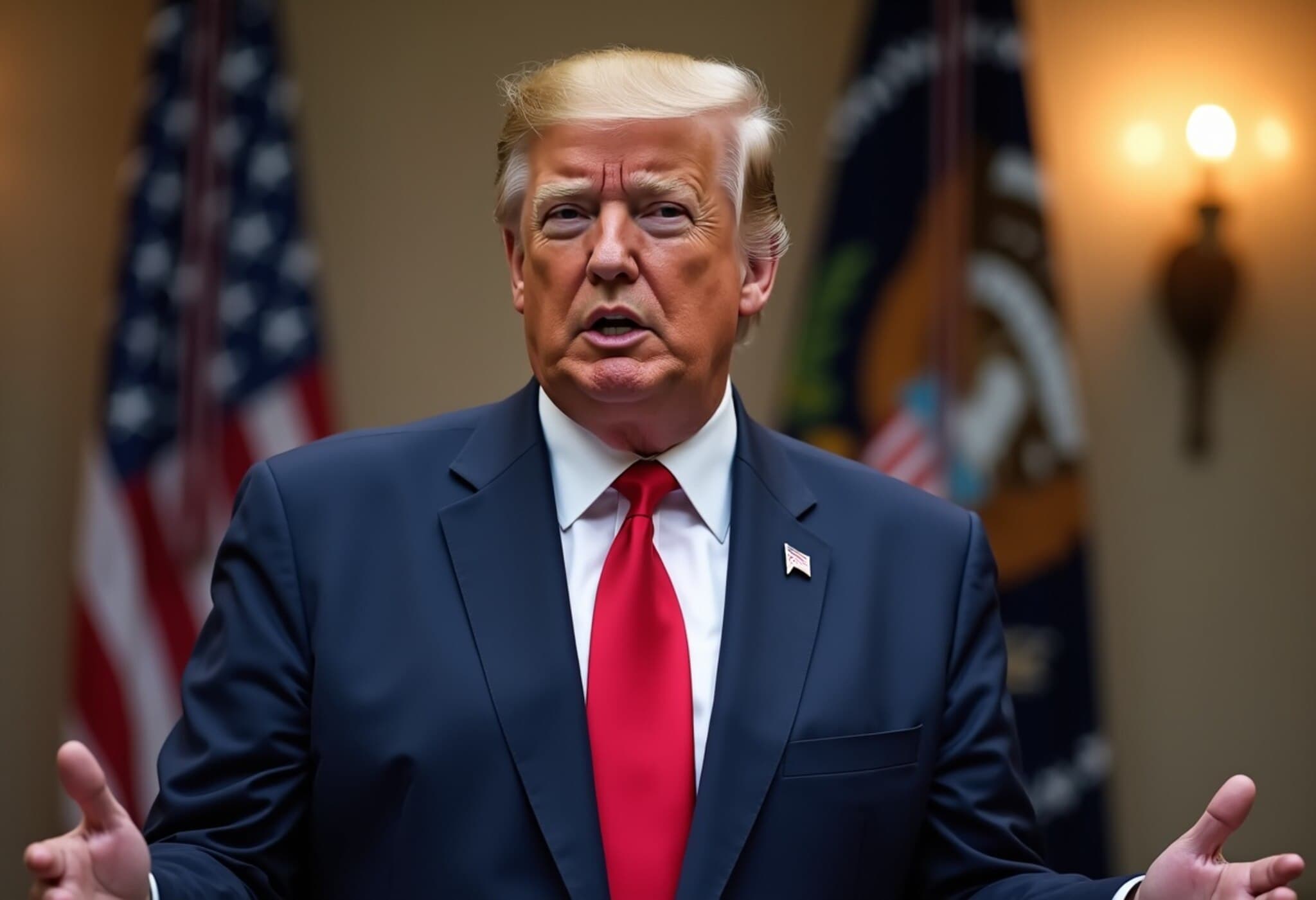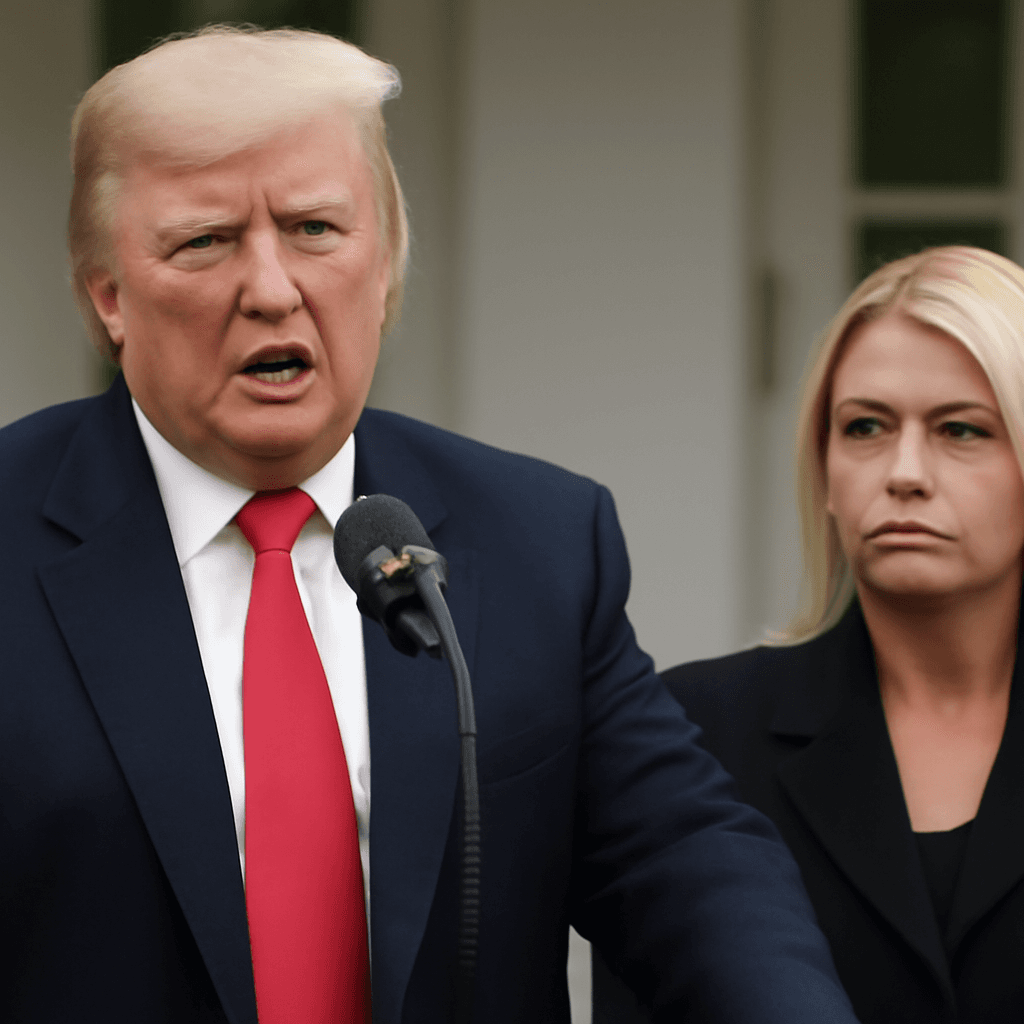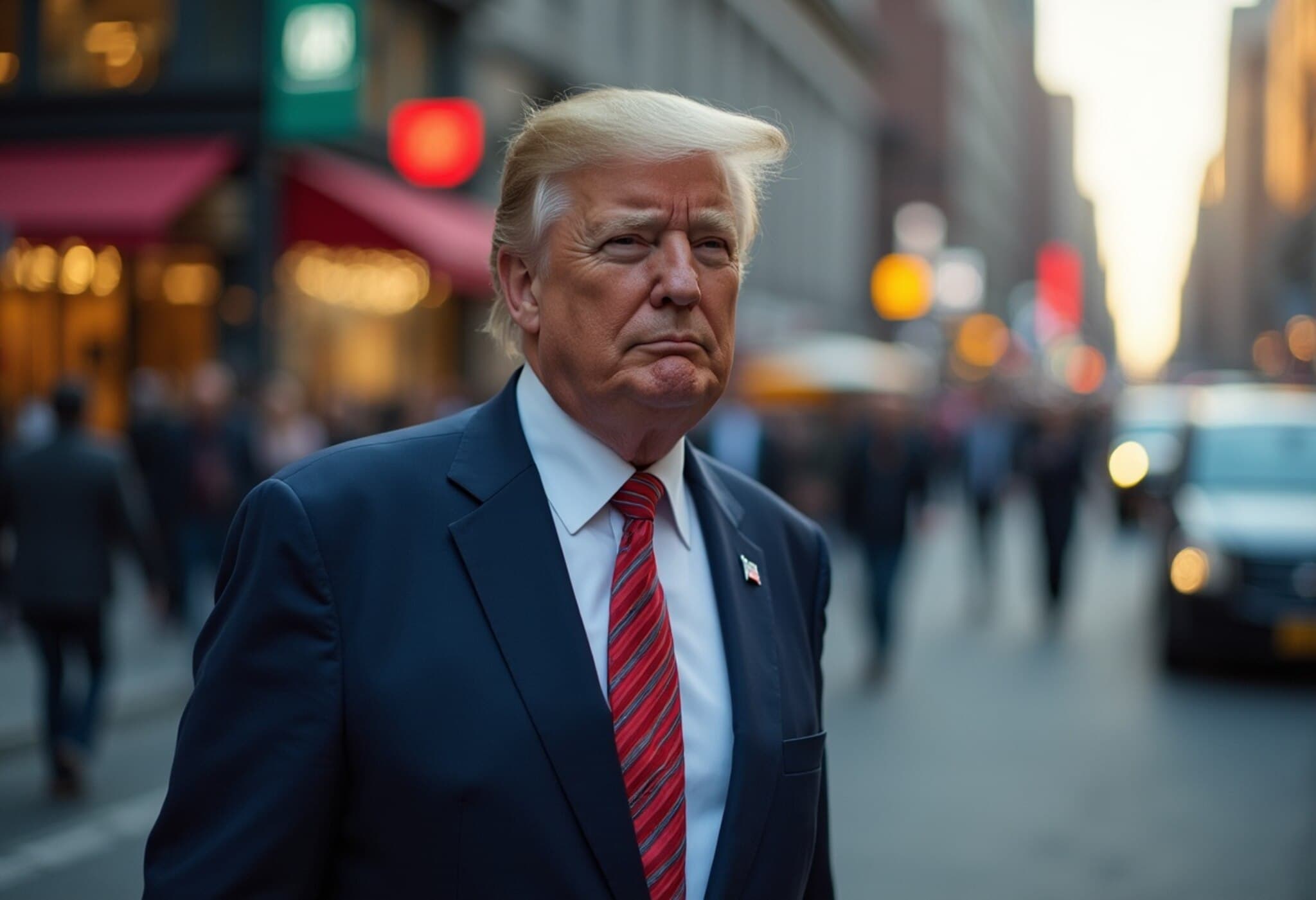Trump Confronts the Epstein Files Backlash Amid MAGA Movement Turmoil
In a striking twist of political fate, former President Donald Trump finds himself navigating the dangerous waters stirred by years of fueling conspiracy theories—particularly those surrounding Jeffrey Epstein. Once a rallying cry among his most loyal supporters, the Epstein saga has turned into a thorny issue that Trump now seems eager to move past.
The Rise and Fall of Epstein Conspiracies in MAGA Circles
The Epstein case, notorious for exposing a sprawling network of sexual abuse linked to high-profile figures, including politicians and royalty, became a powerful symbol within the Make America Great Again (MAGA) movement. Trump supporters long demanded the release of the so-called "Epstein files," convinced they would reveal a deep-seated conspiracy implicating prominent Americans, particularly from the liberal elite.
Indeed, Epstein's criminal history is well-documented — his connections included former President Bill Clinton, Prince Andrew, and Trump himself. But the leap from documented sex crimes to elaborate conspiracies alleging a "deep state" cabal controlling the world has been largely unsubstantiated.
From Champion to Critic: Trump’s Sudden Shift
During his presidential campaign, Trump pledged to expose these files, even appointing conspiracy theorists to influential positions, such as Kash Patel at the FBI. However, recent statements from the Justice Department and the FBI have undercut these claims, stating no incriminating "client list" exists and warning that promoting unfounded theories undermines child protection efforts.
This has left many within MAGA ranks feeling betrayed, including key figures like deputy FBI director Dan Bongino, who reportedly contemplated his departure following the revelations. Meanwhile, Trump’s messaging flipped—labeling ongoing interest in the Epstein case as "boring" and dismissing his most fervent supporters as "weaklings" allegedly doing Democrats' bidding.
Political Strategy: Reframing Epstein as a ‘Democrat Hoax’
In an effort to control the narrative, Trump has characterized the Epstein investigations as a political smear orchestrated by Democrats, naming Barack Obama, Hillary Clinton, Joe Biden, and James Comey as culprits in a supposed plot. This hard pivot from amplifying allegations to denouncing them marks a significant recalibration.
Commentators like Jon Stewart have pointed out the irony: the narrative shifted from exposing Democrats to dismissing the documents as fabricated by those same Democrats, urging followers to "move on."
The Persistent Pull of Conspiracy Within MAGA
Despite Trump’s attempts to move forward, the Epstein file obsession remains deeply entrenched for some MAGA activists. Figures like Charlie Kirk continue to portray the case as a fundamental battleground against the "deep state," framing it as a key to defending Trump and confronting systemic corruption.
Yet, prominent voices within the movement exhibit varying levels of engagement. Former Trump strategist Steve Bannon has shown openness to a special prosecutor probing these matters, suggesting the Epstein controversy is not fully settled in conservative circles.
What This Means for Trump and His Base
Trump’s predicament underscores a larger truth in politics: you often must "dance with the ones that brung ya," imperfections included. It’s a delicate balancing act — maintaining the loyalty of a base driven by conspiracy fervor, while steering the broader political conversation toward themes that bolster his current agenda.
For Trump, the Epstein files are both a potential liability and an asset depending on the audience. His recent dismissals signal a pragmatic choice to shift focus to wins achieved over the past six months, especially ahead of future electoral battles.
Editor’s Note
The Epstein saga within the MAGA movement highlights a complex interplay between fact, conspiracy, and political survival. As Trump distances himself from certain factions of his base, questions arise about the sustainability of alliances rooted in unsubstantiated claims. How will this schism affect future conservative mobilization and the wider discourse on misinformation? The evolution of this story offers a revealing window into American political dynamics in the digital age.

